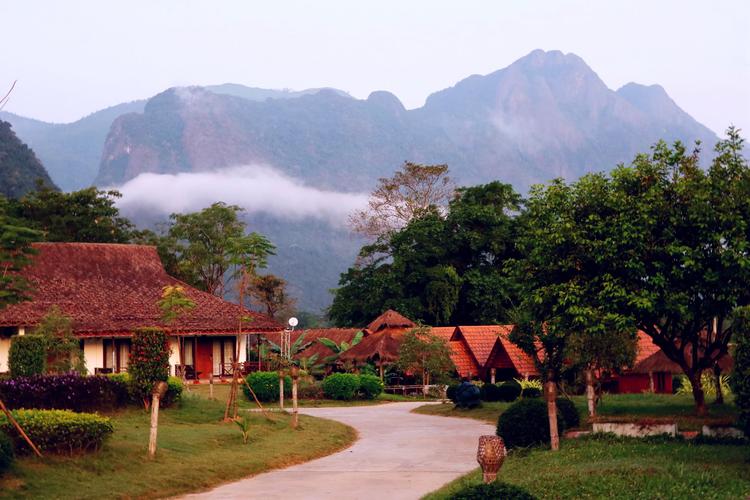10 Unique Informal Interview Questions and Answers for Job Seekers
Introduction: The Importance of Informal Interviews
In today’s job market, more and more companies are asking potential hires to participate in informal interviews. These types of interviews allow employers to gauge the candidate’s personality, communication skills, and how they handle unexpected questions. As a job seeker, it’s important to prepare for these types of interviews and have some answers ready to impress your prospective employer.
Question 1: What was the last book you read, and what was your biggest takeaway from it?
This question is great for assessing a candidate’s intellectual curiosity and their ability to apply new ideas. A good answer might include a recent book related to the industry they’re applying for or a book on leadership or personal development. The key is to demonstrate how the book has impacted their thinking and approach to their work.
Question 2: If you could live in any era, which one would it be and why?
This question allows the interviewer to get a better sense of the candidate’s values and interests outside of work. A thoughtful answer might focus on a particular era’s culture or technological advancements and how they relate to the industry they’re applying for.
Question 3: What motivates you in your work?
Understanding a candidate’s motivations can help an employer determine if they will thrive in the company’s culture and mission. A strong answer might highlight a desire to make a positive impact on the world or an internal drive for excellence.
Question 4: How do you handle stress and pressure?
This question is a great way to evaluate a candidate’s emotional intelligence and problem-solving skills. A good answer might include specific stress management techniques, such as exercise or meditation, as well as examples of how they’ve handled high-pressure situations in the past.
Question 5: What’s the toughest decision you’ve had to make in your career so far?
This question helps to assess a candidate’s decision-making skills and how they handle difficult situations. An effective answer might describe how they analyzed the situation, weighed different options, and made a choice based on the best available information.
Question 6: If you could have dinner with any historical figure, who would it be and why?
This question allows an interviewer to get a better sense of a candidate’s personal values and interests. A strong answer might focus on how the historical figure’s achievements or philosophy align with the candidates’ own values and career aspirations.
Question 7: How do you stay current with industry trends and advancements?
This question helps employers assess a candidate’s commitment to professional development. A good answer might include attending industry conferences or webinars, reading industry publications, and networking with other professionals in the field.
Question 8: Tell me about a time when you had to resolve a conflict with a coworker or team member.
This question helps evaluate a candidate’s interpersonal skills and how they handle conflict resolution. An effective answer might describe a situation where they actively listened, sought to understand the other person’s perspective, and worked together to find a mutually beneficial solution.
Question 9: What’s your favorite hobby, and how does it inspire your work?
This question allows an interviewer to get a better sense of a candidate’s interests outside of work and how they might bring those skills and experiences to their job. A good answer might highlight a hobby related to the industry they’re applying for or a hobby that has taught them important skills related to leadership or problem-solving.
Question 10: If you were given a blank check to start a business, what kind of company would you create?
This open-ended question helps employers understand a candidate’s entrepreneurial spirit and creative thinking. An effective answer might describe a business idea related to the industry they’re applying for or a business that solves a particular problem in society.
Conclusion: Preparing for Informal Interviews
As the job market becomes increasingly competitive, it’s important for job seekers to be able to stand out in informal interviews. By preparing well-crafted answers to questions like these, candidates can demonstrate their intellectual curiosity, emotional intelligence, and problem-solving skills to potential employers. So, take some time to reflect on these questions and how you might answer them. Your next job could depend on it!
(Note: Do you have knowledge or insights to share? Unlock new opportunities and expand your reach by joining our authors team. Click Registration to join us and share your expertise with our readers.)
Speech tips:
Please note that any statements involving politics will not be approved.
